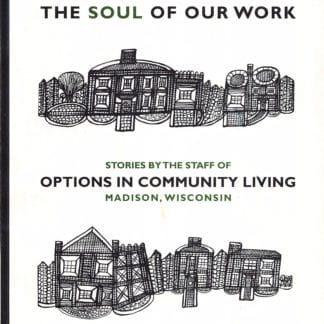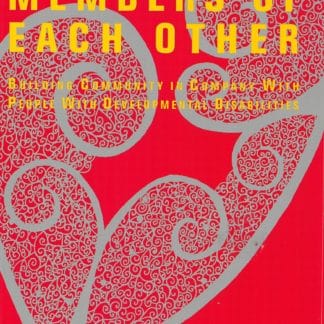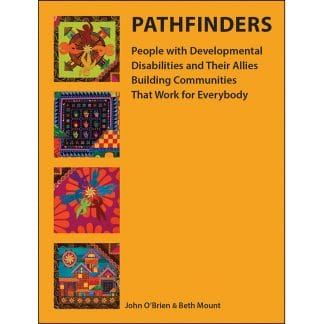John O’Brien & Marsha Forest
1991
We want to begin a dialogue on the expectations about personal behavior that go along with a commitment to inclusion. Unattainable expectations confuse good people and fragment efforts for change into factions organized around hurt feelings. We who care about inclusion can reduce this drain on the energy necessary to work for justice by being clear about three delusions which are common but mostly unconscious among advocates for inclusion. When we re- place these false and destructive beliefs with simpler expectations of decency and working constructively in common, we will all be better able to live out the real meaning of inclusion by honoring and growing from our shared struggle with our diverse gifts, differences, and weaknesses.
Delusion 1: Inclusion means that everybody must love everybody else or “We must all be one big, happy family!”
Delusion 2: Inclusion means everyone must always be happy and satisfied or “Inclusion cures all ills.”
Delusion 3: Inclusion is the same as friendship or “We are really all the same”



